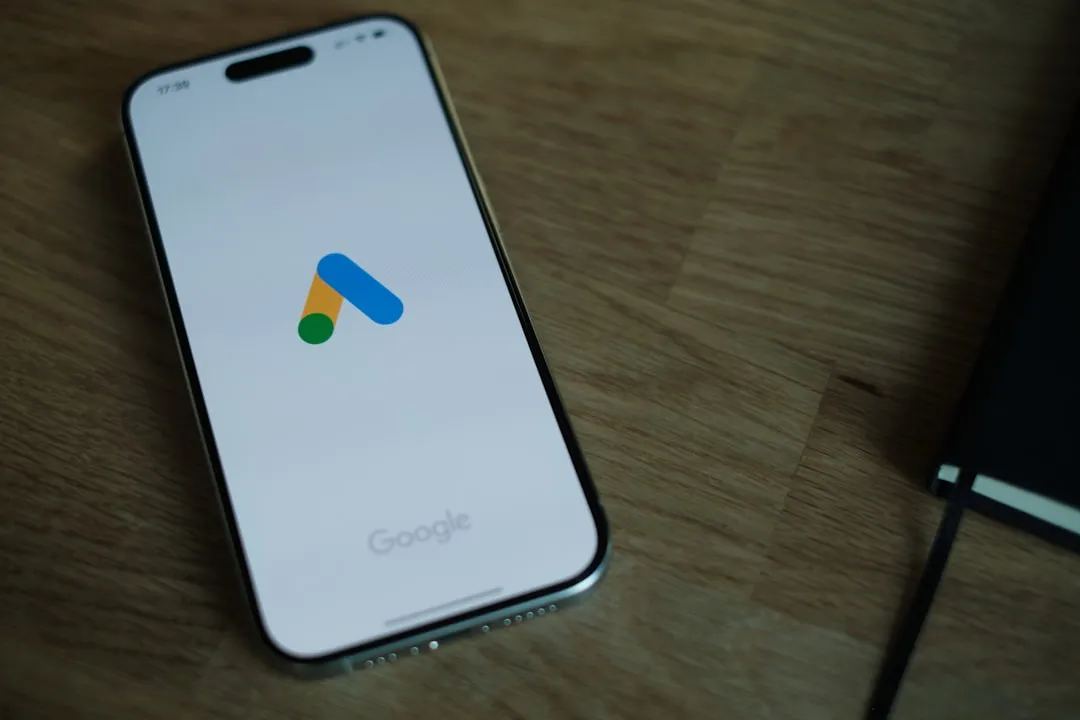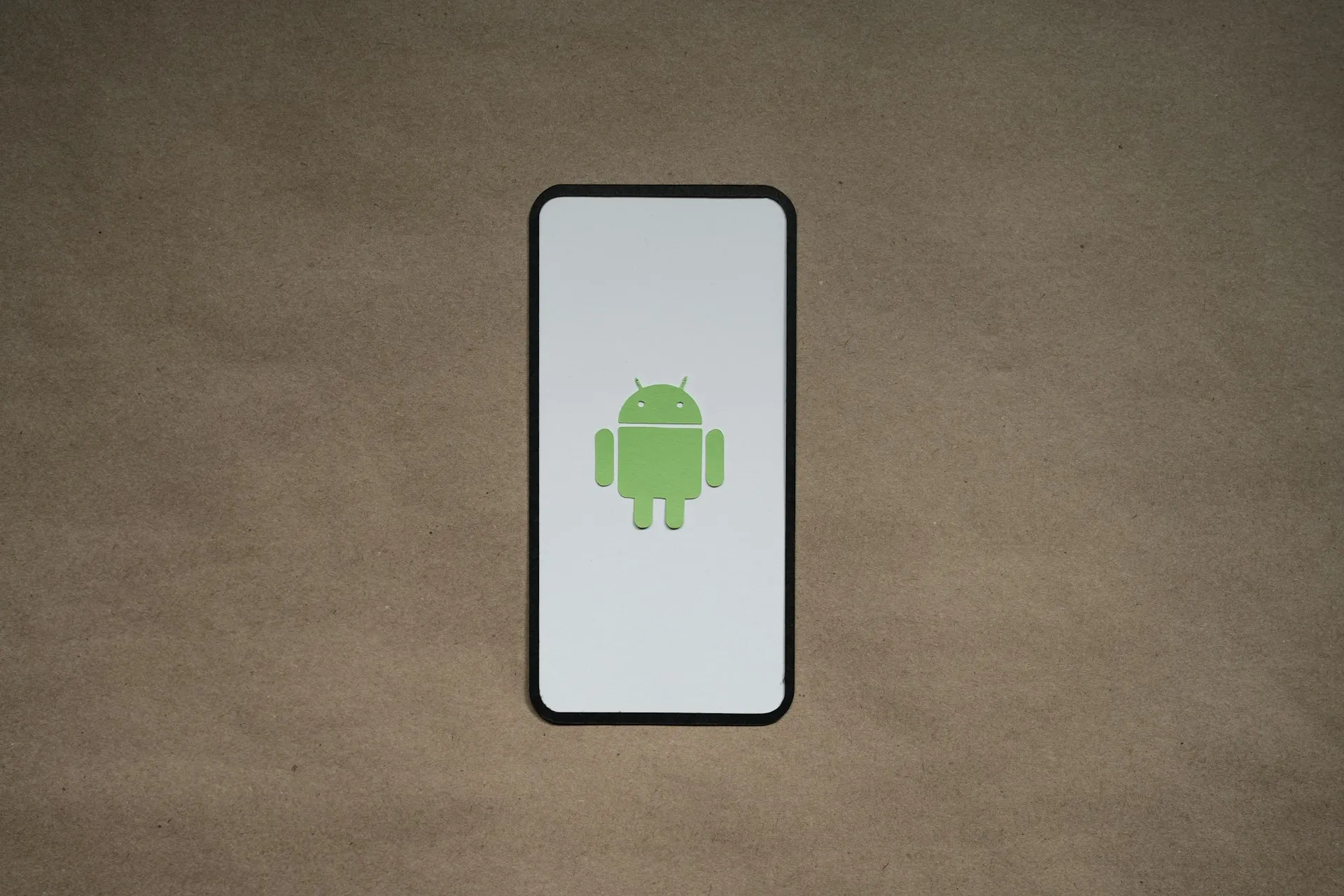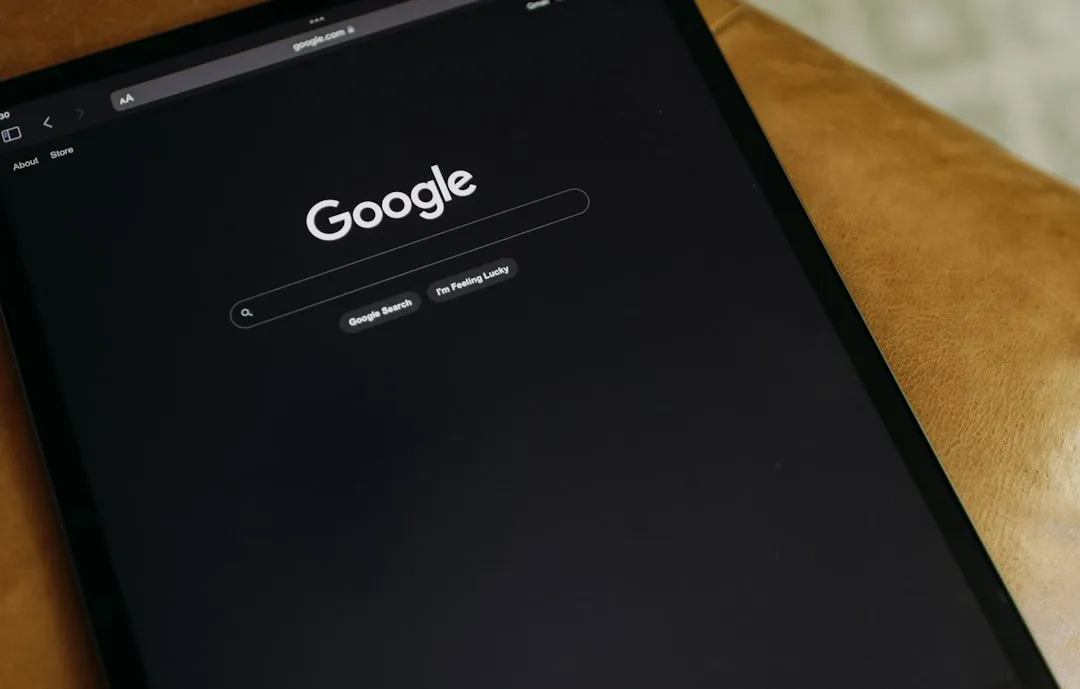Reviewed by Julianne Ngirngir
If you've been waiting for an AI fitness coach that actually gets it, Google's Fitbit AI coach might be exactly what you need—but there's a catch that could make or break its success. A preview begins rolling out in October as part of a completely redesigned Fitbit app, powered by Google's Gemini AI. This isn't just another fitness tracker update—it's a complete overhaul centered around conversational, adaptable coaching that could fundamentally change how we think about wearable fitness technology.
The timing feels significant. While we've been promised countless AI fitness solutions, most have felt disconnected from how people actually approach wellness—generic recommendations that ignore individual constraints, lifestyle realities, and the psychological barriers that prevent lasting change. Google's system appears to tackle this differently by making the AI coach the foundation rather than an afterthought, creating a system that understands context and adapts accordingly.
What makes this AI coach actually different?
Unlike the dozens of AI fitness promises we've heard before, Google built this system with coaching and AI at its core, rebuilding the entire app so the health coach can understand your goals, build your plan, and contextualize your metrics. The Gemini-powered AI lives behind a floating "Ask Coach" button on every page, ready for natural conversation about your fitness journey. You can literally ask it questions like "Why did my sleep score drop last night?" or "Should I do cardio today given how tired I feel?" and get answers that actually reference your personal data.
Here's what caught my attention: on your first time using the new app, you'll be prompted to have a conversation with the AI coach, where it will ask about your goals, available equipment and any preferences, injuries or other relevant medical history. This conversational approach represents a shift from form-filling to genuine dialogue, setting the stage for truly personalized recommendations.
What's genuinely impressive is how the coach builds custom plans based on your available equipment—tell it you only have free weights and a rowing machine, and it'll create a program mixing strength training with cardio sessions that actually makes sense. The coach will build programs based on the info you supply, and these will come with detailed instructions and metric targets that focus on weekly progression.
The science behind the smart recommendations
This isn't just clever chatbot responses—there's real depth here. Google partnered with Stephen Curry and his performance team, working with their Consumer Health Advisory Panel to ensure the recommendations are grounded in actual sports science. When you're getting advice from a system that has input from elite athletes and their trainers, that's a different level of credibility than generic fitness algorithms.
The AI makes real-time check-ins and adjustments, and if you mention you've hurt your back, it can modify workouts accordingly. This responsiveness addresses one of the biggest failures in traditional fitness programs—the inability to adapt when life happens.
The sleep coaching integration demonstrates this holistic approach. Google's new sleep algorithms provide more accurate understanding of sleep duration and stages, with the AI coach guiding you to get better sleep by studying your patterns over the week and sharing insights on how to improve. This bridges the often-disconnected worlds of fitness tracking and recovery optimization.
The underlying model is particularly impressive. The model is built on Google's new Gemini models, and "fine-tuned on a de-identified, diverse set of health signals from high-quality research case studies," Google said. They're even testing it against sleep medicine certification exams and seeing good results, which suggests this system could provide genuinely clinical-level insights wrapped in accessible conversation.
Why the target audience might resist
Here's where things get complicated. Google has caught on that running is one of the most accessible and nerdiest sports, but serious fitness enthusiasts often have strong preferences about their tools. These aren't casual users who just want to track their daily walks—they're people who have invested years in understanding their bodies, developing training methodologies, and building trusted relationships with specific platforms.
Premium sports watch manufacturers like Garmin and Coros have offered similar plans and features for years, building loyal followings among athletes who trust their proven track records. If you're already deep into the Garmin ecosystem with years of training data, established heart rate zones, and performance metrics that inform your racing strategy, the switching cost isn't just technical—it's psychological.
Meanwhile, Apple's running features have only recently begun offering comprehensive training algorithms, yet many users remain deeply embedded in that ecosystem through seamless integration with their phones, music, and daily workflows. The challenge for Google isn't just building better features—it's convincing people to abandon workflows they've spent years optimizing.
There's also a deeper trust issue. Serious athletes often prefer systems they can understand and control, where they can see exactly how recommendations are generated and adjust parameters based on their own experience. Conversational AI, no matter how sophisticated, can feel like a black box compared to the transparent metrics and customizable training zones offered by traditional sports watches.
The bigger picture: where fitness tech is heading
What Google is building here represents something larger than just another fitness app. The fitness industry is undergoing a digital revolution, driven by AI and wearable technology that enables hyper-personalized workouts and real-time health tracking. We're witnessing a shift from passive data collection toward active, intelligent intervention in daily health decisions.
AI-powered fitness apps are analyzing user data, biometric inputs, and behavioral patterns to provide customized workout and nutrition recommendations that adapt in real-time. This isn't just about having more sensors or better algorithms—it's about creating systems that understand the complex interplay between physical capability, lifestyle constraints, and psychological readiness for change.
The integration piece is particularly significant for Google's long-term strategy. In time, the Fitbit coach will get data from sources like Health Connect and HealthKit to get information such as glucose levels or body composition from connected devices. This positions Google to become the central intelligence layer that makes sense of fragmented health data across multiple devices and platforms—a role that could prove far more valuable than selling individual fitness trackers.
Google is committed to building the personal health coach with industry experts and scientific research, which suggests they understand this is fundamentally an authority and credibility problem rather than just a technology challenge. Success will depend on whether they can build enough trust to get people to act on AI recommendations about their physical well-being.
The real test: will people actually use it?
Bottom line: Google has built something genuinely impressive here, but success won't be measured in features—it'll be measured in adoption and sustained engagement. The feature will be opt-in for Fitbit Premium users only, which immediately creates barriers for both casual users hesitant to pay for subscriptions and serious athletes who may question whether Google's approach offers enough value over their existing systems.
Public reactions have included enthusiasm for personalization capabilities alongside concerns about access restrictions, privacy, and data accuracy. These concerns reflect broader anxieties about algorithmic decision-making in health contexts, where the stakes of poor recommendations extend beyond app satisfaction to potential physical harm.
Google states clearly that the AI Coach cannot replace a doctor, registered dietitian, or certified coach, and has built in guardrails to prevent dangerous outcomes. While this disclaimer shows responsible development, it also highlights the delicate positioning challenge: the AI needs to be sophisticated enough to provide genuinely valuable insights while humble enough to acknowledge its limitations.
Perhaps most intriguingly, Google is releasing this experience as a preview so users can help shape it as they make improvements. This collaborative approach suggests they understand that the biggest barriers to adoption may not be technical but cultural—people need to feel they have agency in shaping a system they're being asked to trust with their health decisions.
What's most compelling is Google's bet that conversational AI will finally make sophisticated fitness coaching accessible to more people. Instead of requiring users to decode complex metrics or figure out what their data means, they can simply ask questions and get personalized answers. If that vision succeeds, it could democratize access to the kind of intelligent, adaptive coaching that has historically been available only to elite athletes or those who can afford personal trainers. Whether people are ready to have those conversations with an AI remains the ultimate question.























Comments
Be the first, drop a comment!